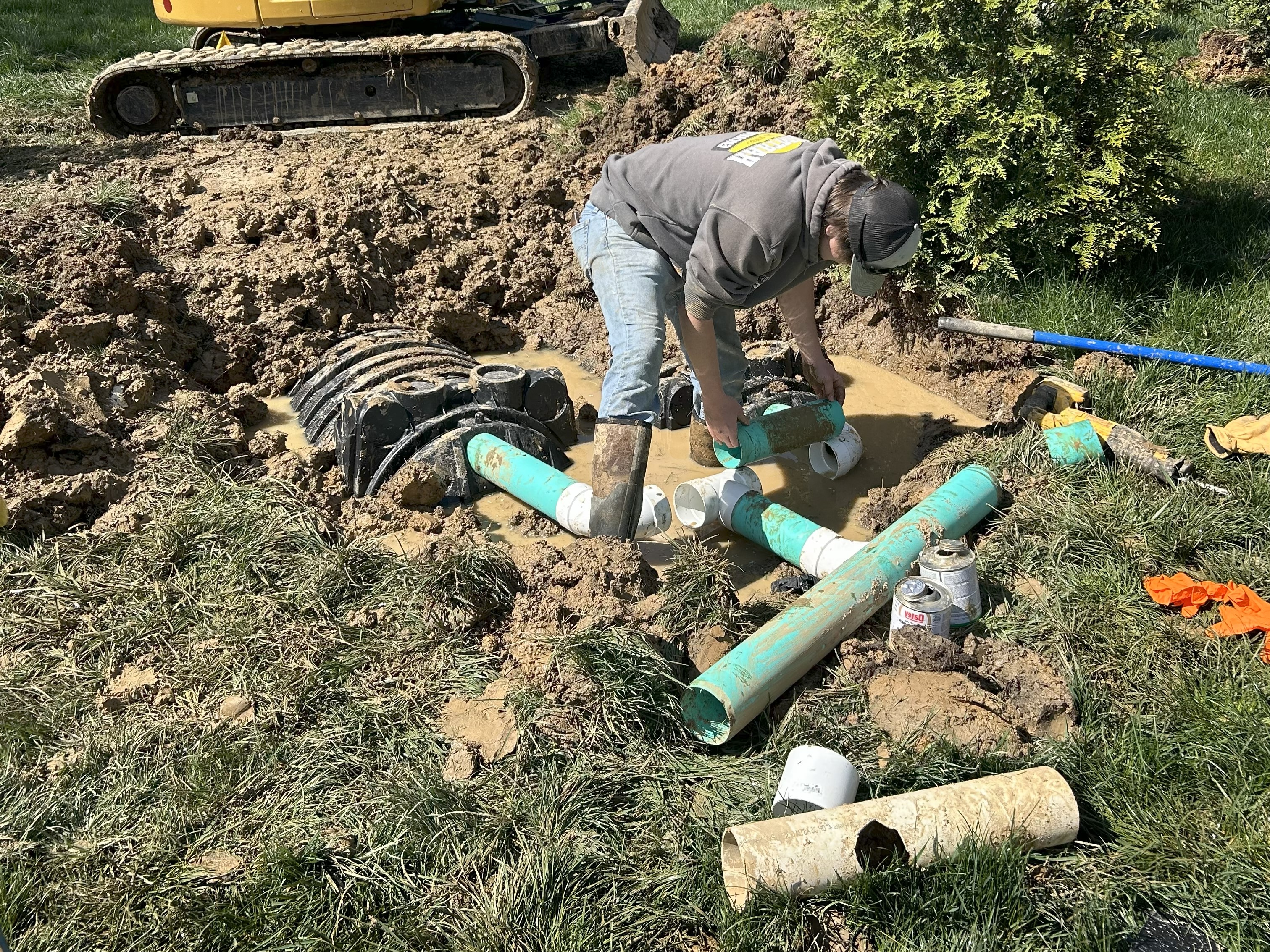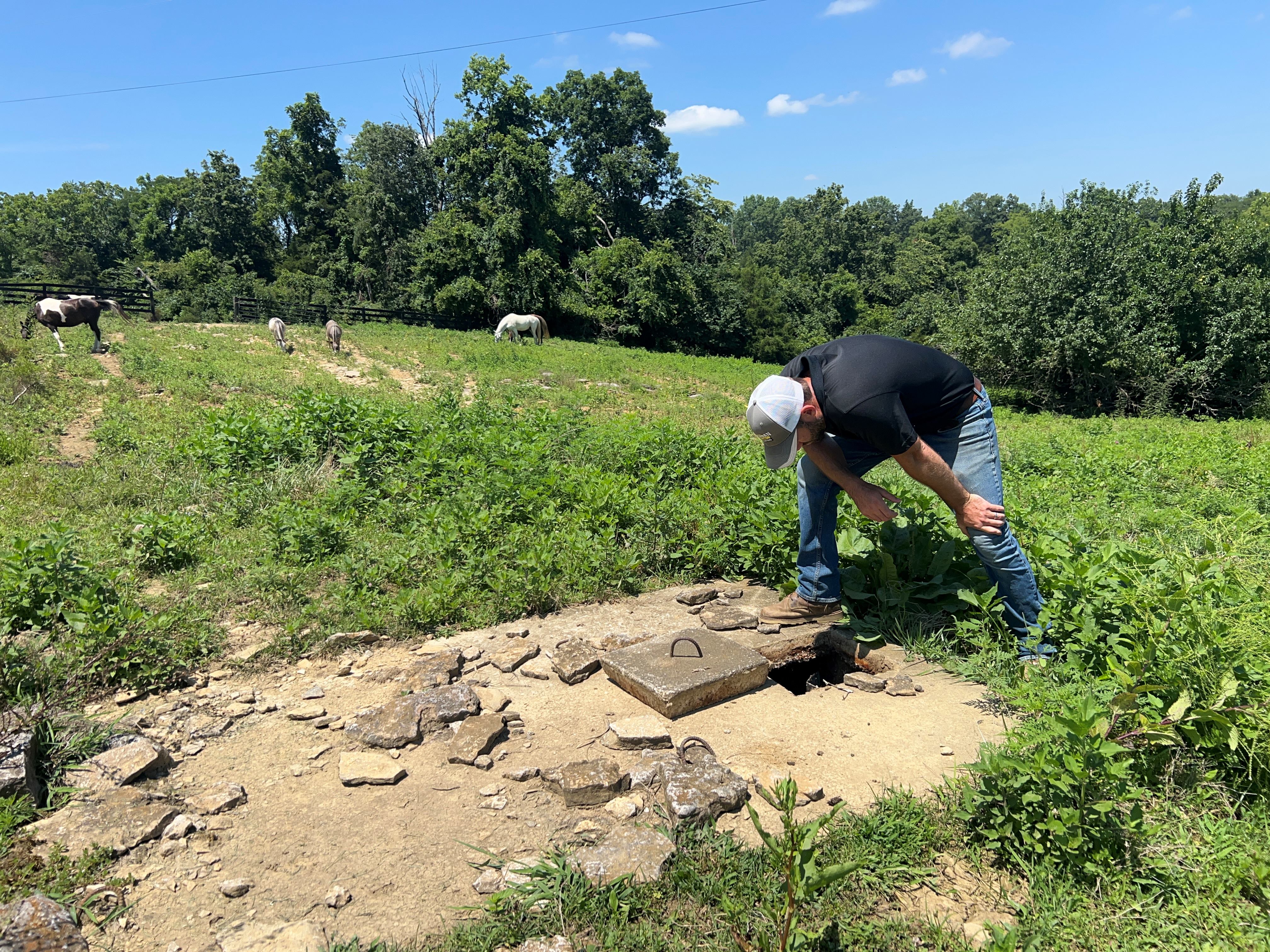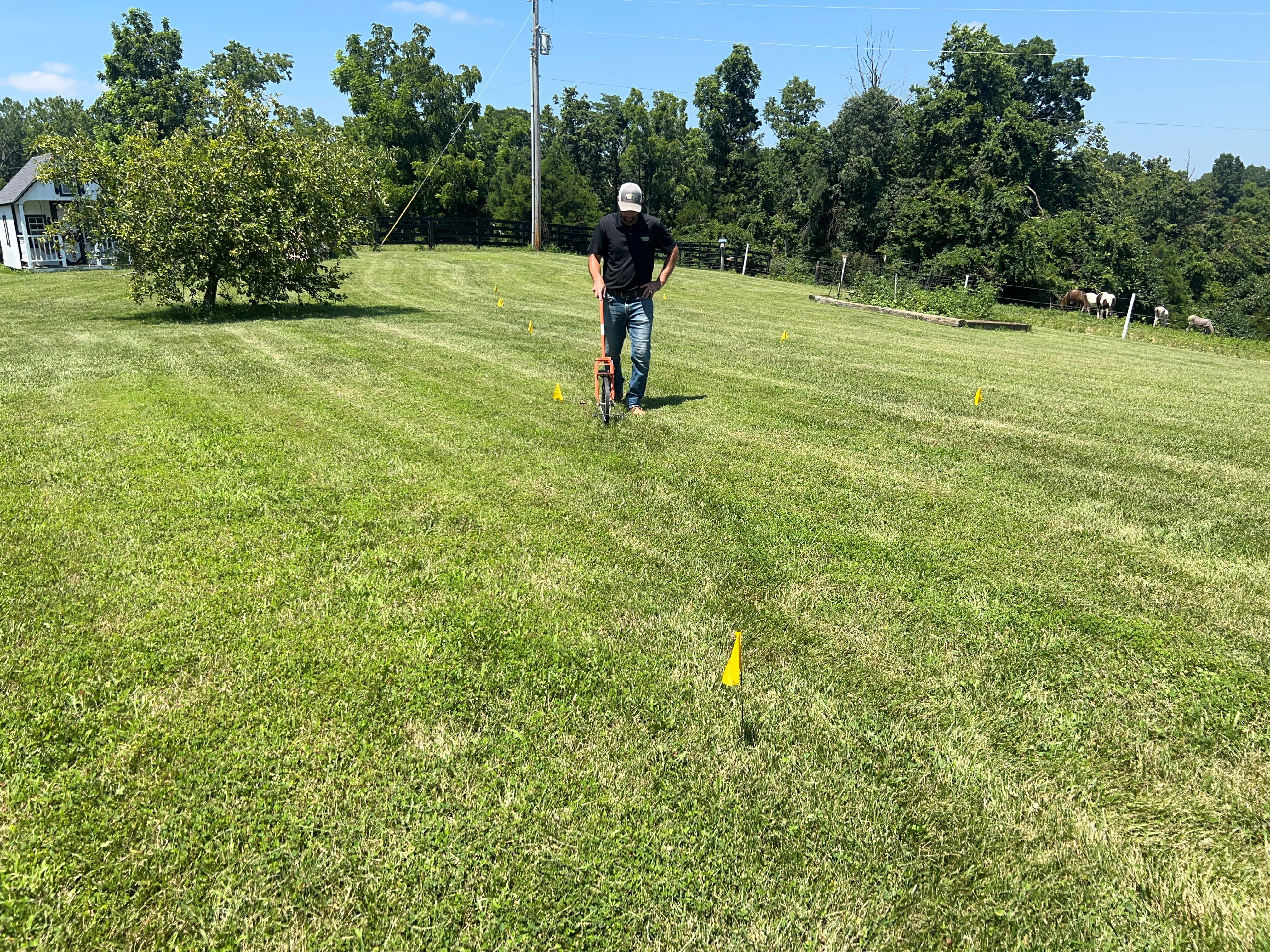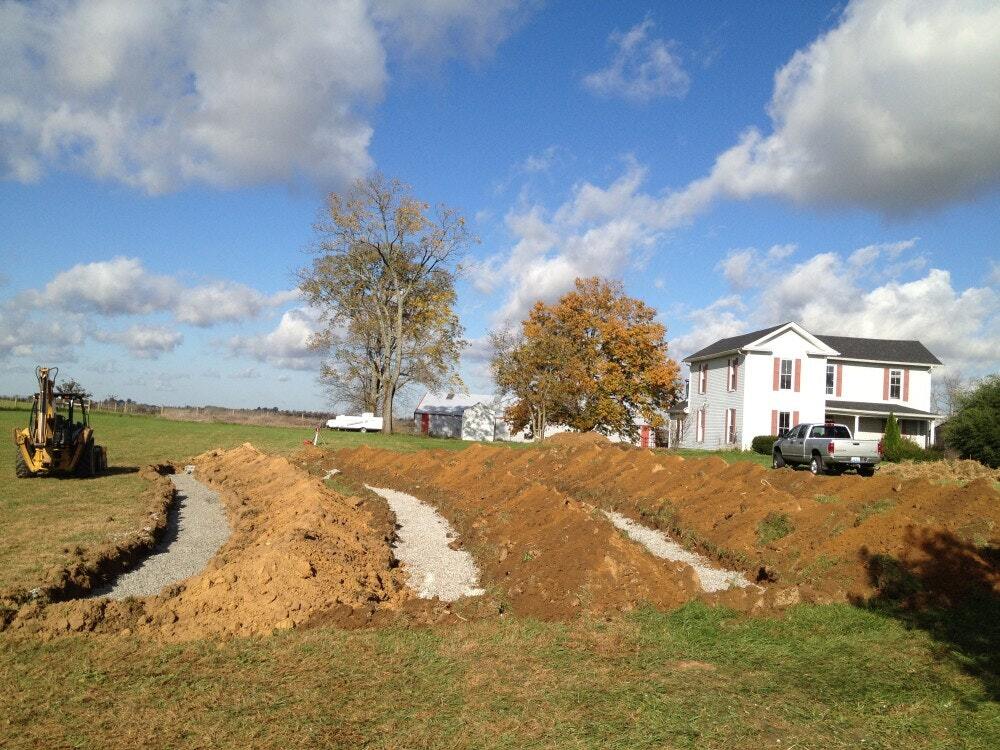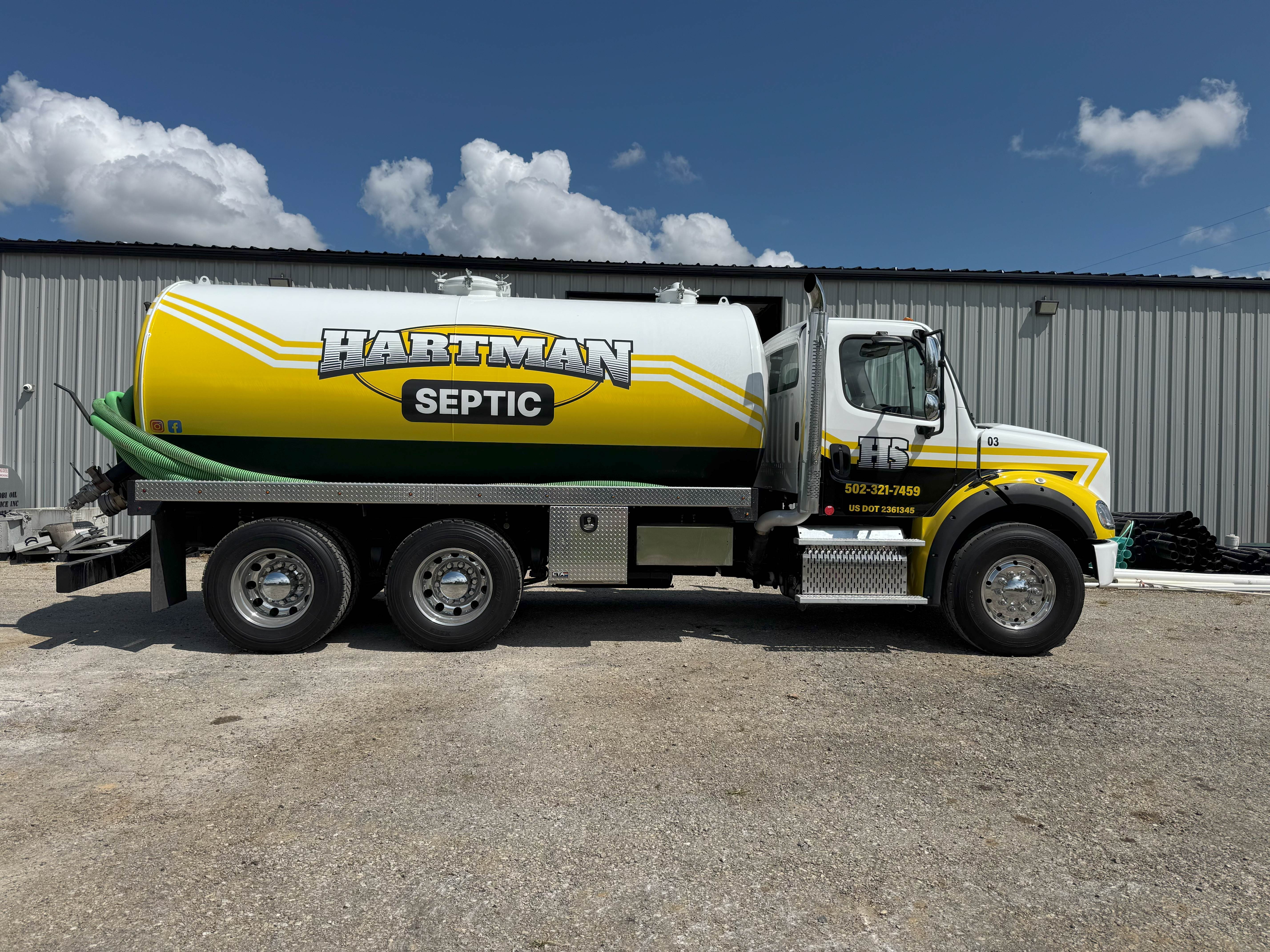.jpg)
Keeping Your Septic System Running Strong. Year After Year
When it comes to your septic system, maintenance isn’t optional - it’s essential. At Hartman Septic, we take the guesswork (and the stress) out of keeping your system in top working order. From advanced treatment unit (ATU) care to filter cleaning, we provide the ongoing attention your system needs to operate efficiently and meet all regulatory requirements.
ATU Quarterly Maintenance & Division of Water Reporting
If you have an Advanced Treatment Unit, you know it’s a more sophisticated system and it requires regular attention to stay compliant. Our team performs thorough quarterly inspections, ensuring every component is working properly. We also handle your Division of Water reporting, so you can rest easy knowing you’re meeting state requirements without lifting a finger.

Pumping Contracts & Reminders
Regular pumping is one of the most important steps you can take to prevent costly repairs or system failure. Our pumping contracts make scheduling simple, and our reminder service ensures you never miss a recommended pump-out. We track it for you, so your system always gets serviced on time.
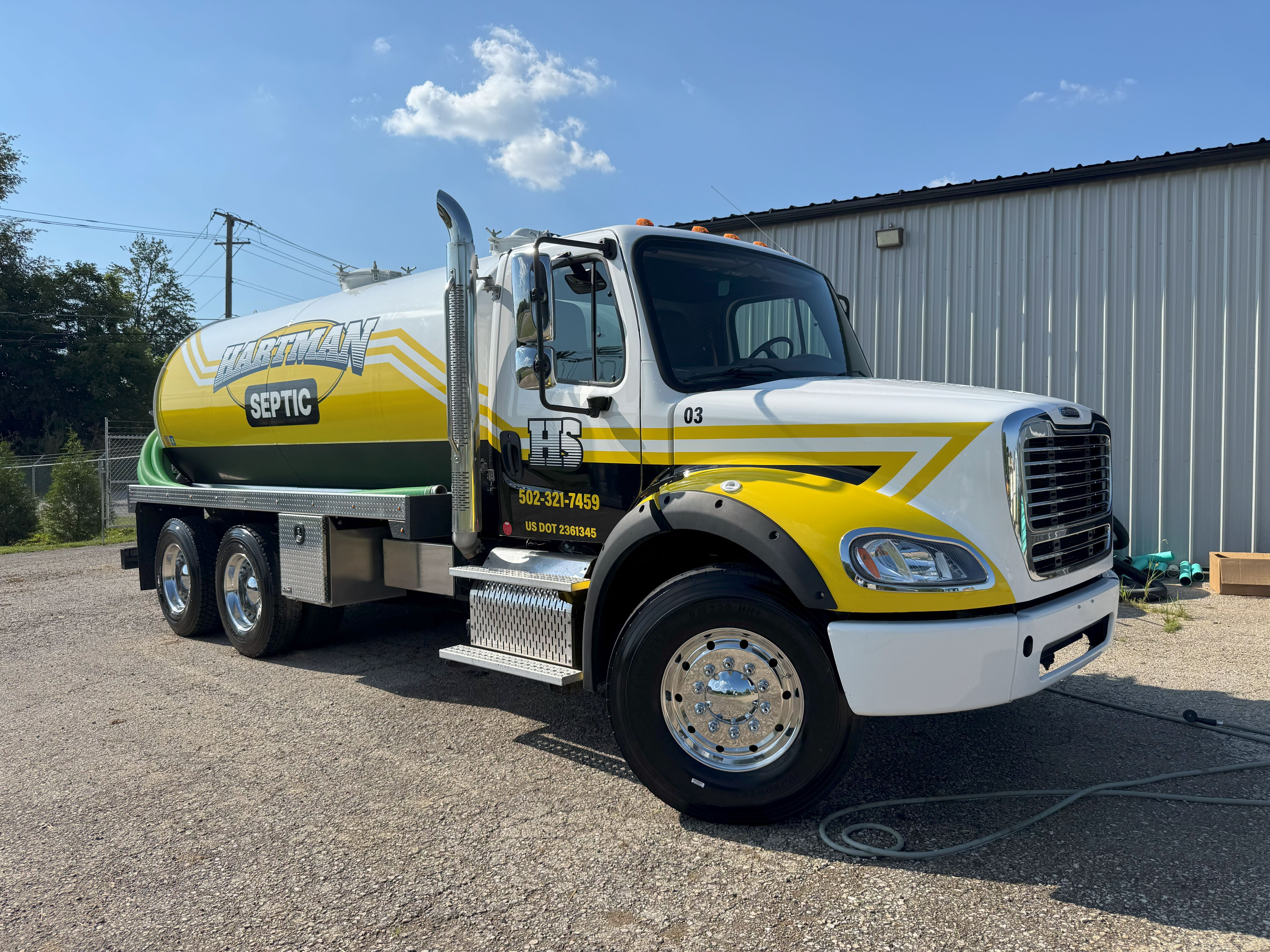
Septic Tank Filter Cleanings
Your septic system’s filter plays a critical role in keeping solids out of your drain field. Over time, these filters can clog and cause backups if not cleaned regularly. We offer professional filter cleaning to keep wastewater flowing smoothly and your drain field protected.
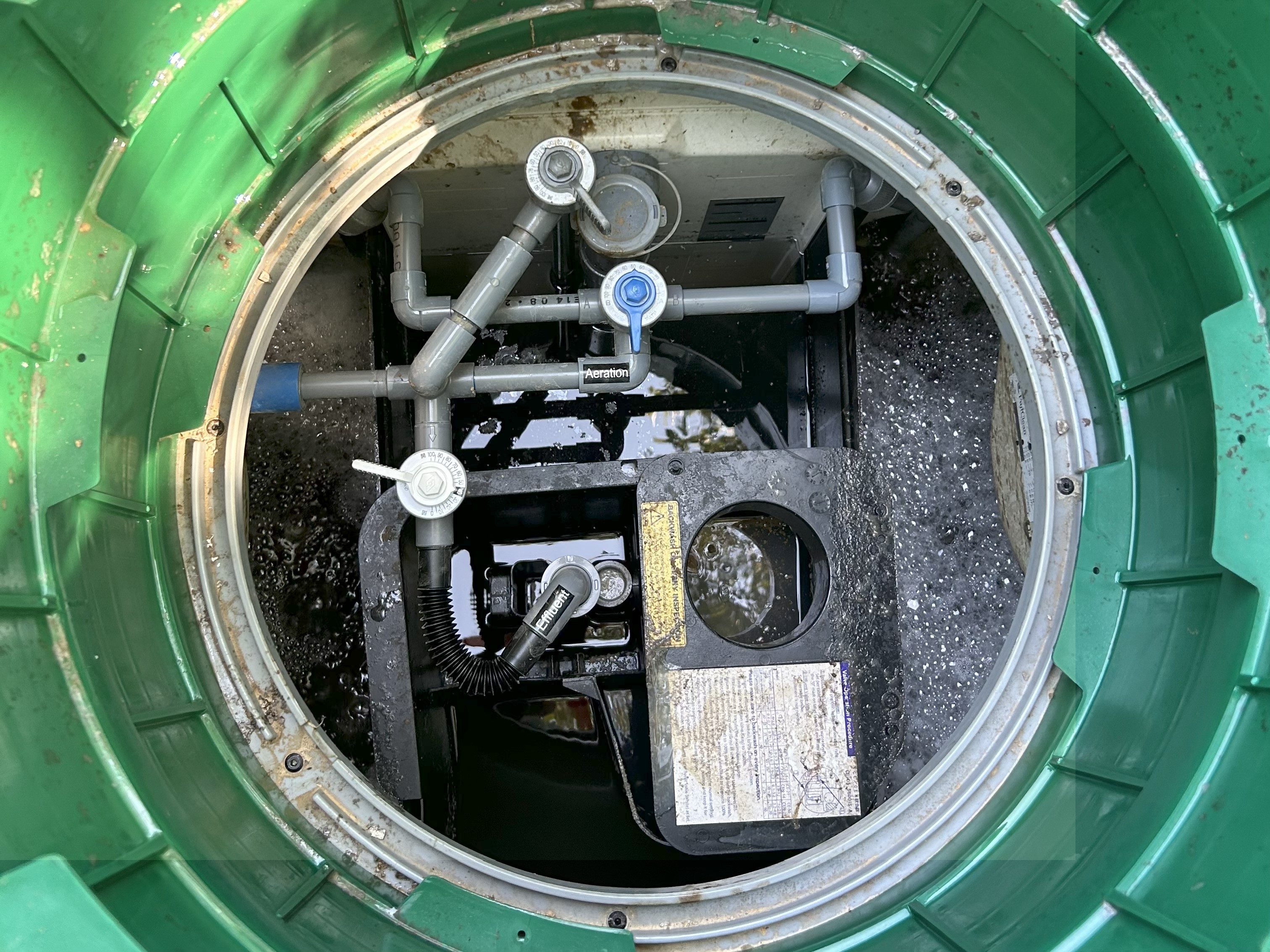
Why Choose Hartman Septic for Maintenance?
With over 15 years of in-the-field experience and Kentucky’s first Master Septic Installer leading our team, we understand how to care for every type of system. Our proactive Routine Care Plans are designed for homeowners who want year-round peace of mind. When you join, we’ll handle your scheduled maintenance, keep track of service dates, and perform the inspections, cleanings, and reporting needed to keep your system in peak condition. This approach keeps your system healthy, saves you money, and ensures you stay compliant with all regulations.
Don’t wait for a problem to appear - join our Routine Care Plan today and keep your system running at its best!
Start Your Project Today!
Service Area
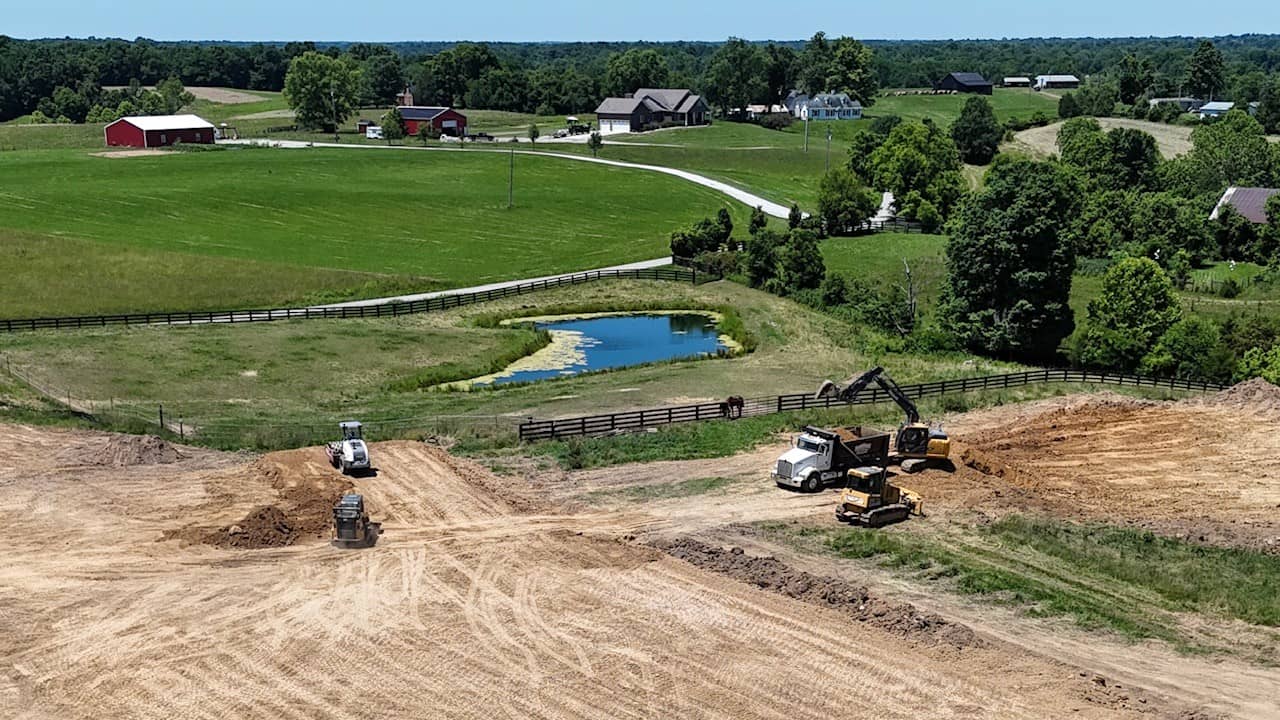
Explore our other services
We provide septic services for both commercial and residential projects.
How often should I get my septic tank pumped?
Most septic tanks should be pumped every 3 to 5 years, depending on the tank size and number of people living in the home. Larger households or smaller tanks may need more frequent service. Regular pumping prevents buildup of solids that can overflow into the drain field and cause system failure.
Tip: Don’t wait for signs of trouble! Routine maintenance is much cheaper than system repairs or replacements.
What are signs that my septic system is failing?
Common warning signs include:
- Slow draining sinks or toilets
- Gurgling sounds in your plumbing
- Strong odors in the yard or around drains
- Excessive, Lush, dark green grass over the drain field
- Standing water or soggy areas in your yard
If you notice any of these, it’s important to have your system inspected immediately to avoid costly damage.
The grass over my lateral lines is brown, what does that mean?
Brown or dry grass over your lateral lines is usually a good sign! It means your drain field is doing its job, filtering wastewater underground without oversaturating the soil above. A healthy drain field is designed to disperse water slowly and evenly, not keep the surface wet.
But when you notice brown grass with any of the following, it may be time to schedule an inspection:
- You have slow draining sinks, gurgling toilets, or backups happening in your home
- You see standing water in other areas of your septic system
- There is green grass over some lateral lines but not others
I see water around my lateral lines. What does this mean?
Standing water or soggy ground around your lateral lines is a red flag that your system may be failing. This usually means the drain field is no longer able to absorb and filter wastewater properly. Common causes include:
- System overload from too much water use
- Clogged or damaged lateral lines
- A full or unpumped septic tank
- Poor soil absorption or compacted soil
Take action quickly! Continued use of a failing system can lead to contamination, bad odors, and costly repairs. Give us a call for a septic consultation!
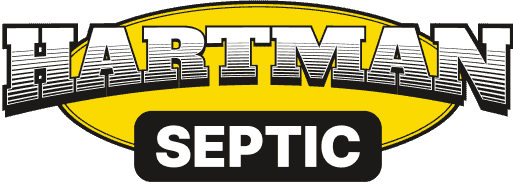
.JPG)
